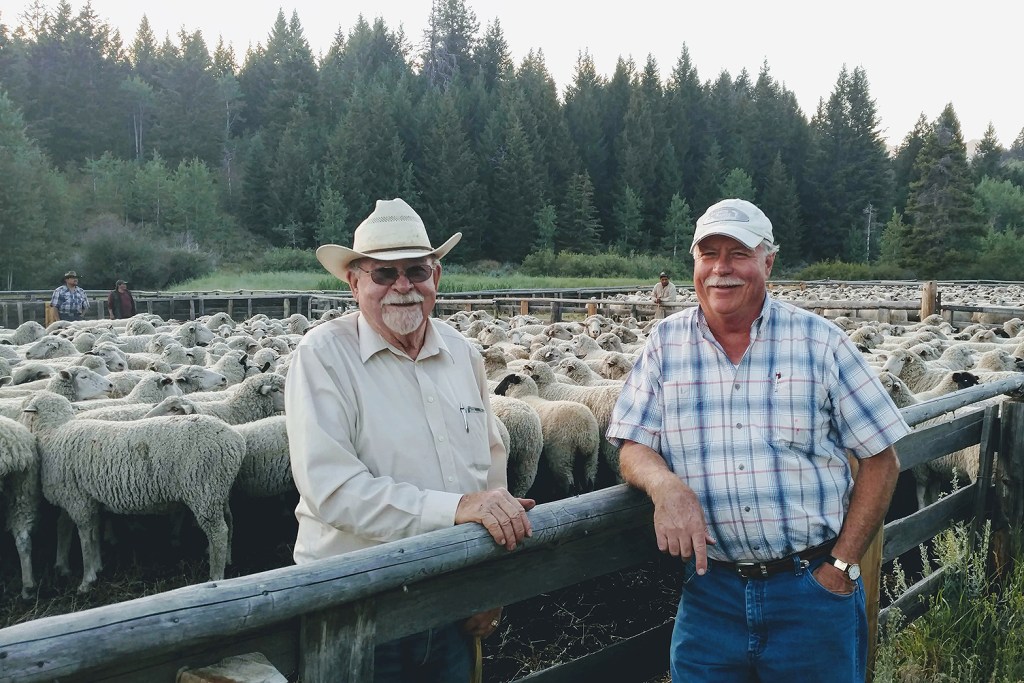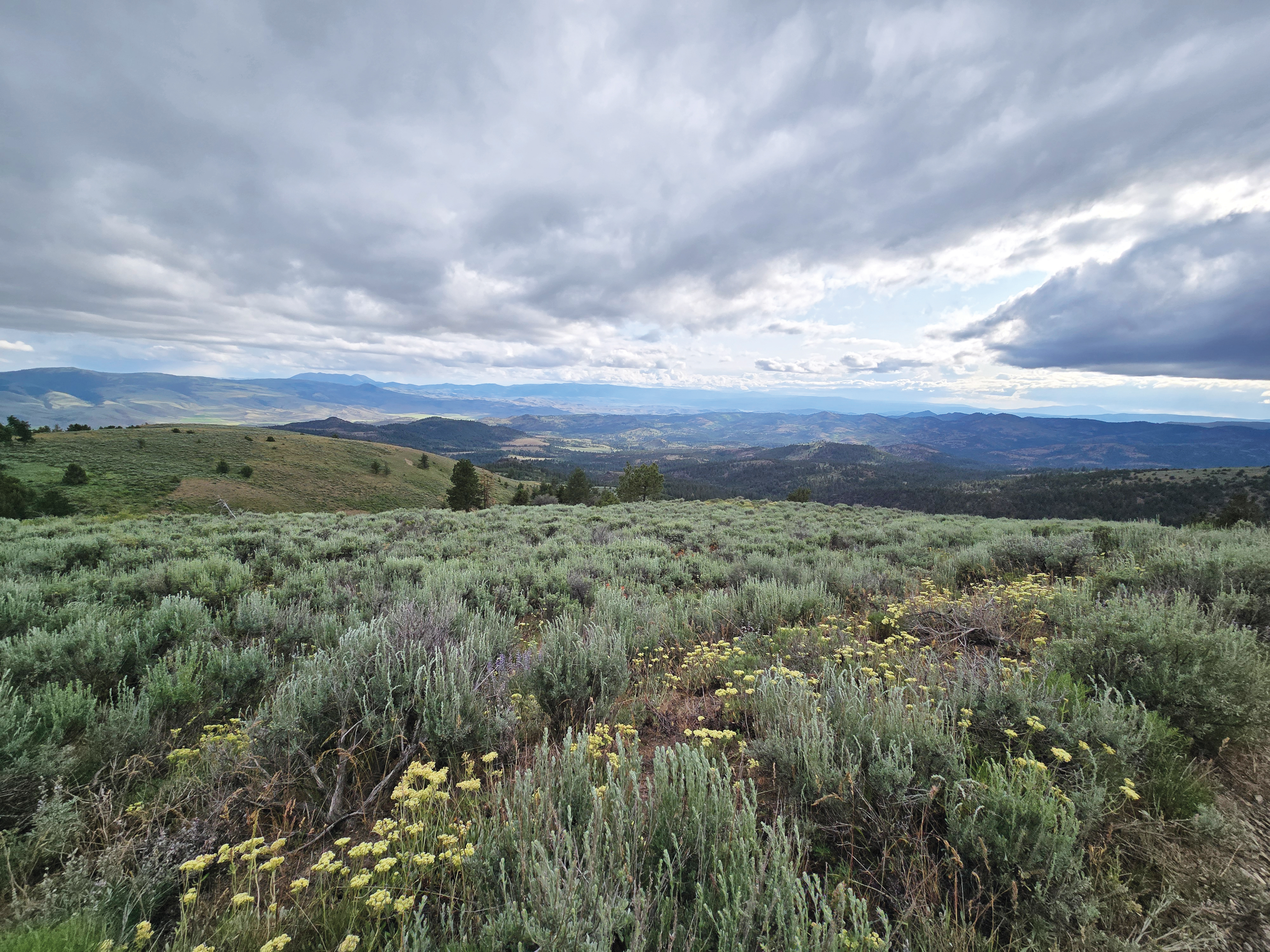Marketing association optimistic about hard-hit sheep industry
Published 7:00 am Thursday, September 24, 2020

- Sheep and lamb producer John Faulkner, left, with Rocky Mountain Sheep Marketing Association General Manager Stan Boyd at shipping corrals near Fairfield, Idaho.
BOISE, Id. — Lamb prices jumped 40% in the six weeks ended Sept. 15, catching the attention of Rocky Mountain Sheep Marketing Association General Manager Stan Boyd.
“This has been a really abnormal year,” the Eagle, Idaho-based Boyd said. “In my 44 years, I’ve never seen a year like this.”
COVID-19 affected the market substantially. Shutdowns of restaurants and cruise lines initially eliminated more than half the market for U.S. lamb meat. Closure of Mountain States Rosen’s processing plant in Greeley, Colorado, reduced capacity. Earlier, drought in Australia and New Zealand diminished lamb supply.
And trade issues with China dragged on the wool market, which is not a segment for Rocky Mountain but is traditionally responsible for 20-30% of producer income.
Boyd said a 100-pound feeder lamb sold for $1.40 per pound in mid-September compared to $1 in the first week of August.
“All of a sudden, the industry has confidence and is optimistic about the future,” he said.
Upcoming openings of lamb-processing plants in Brush, Colorado, and San Angelo, Texas, should ease processing backlogs and improve competition, Boyd said.
“We have seen an increase in demand for lamb meat, primarily in the restaurant trade,” said Boyd, who led the Idaho Wool Growers Association from 1978 to 2016. Retail demand, though not enough to make up for lost restaurant sales, has been strong.
He owns a southeast Boise restaurant and lounge that he said was closed for four weeks and then “semi-successful” during a two-week stint offering take-out food. “Now, being at 50% occupancy, we are paying the bills.”
The lamb supply chain is starting to partially level out as restaurants regain some indoor-dining revenue, Boyd said.
Caleb Pirc, a Meridian, Idaho, producer and IWGA government affairs manager, said he’s optimistic about the market, which has been in a “reset” that could lead to exploration of new opportunities and, ultimately, growth.
Rocky Mountain sells lamb meat and breeding stock to buyers mainly in the western and central U.S. It successfully marketed 47,955 head for nearly $7.6 million in fiscal 2018 and 49,789 head for nearly $8.3 million last year, an annual report said. The fiscal year ends Oct. 31. September and October are high-volume traditionally.
“For the majority of lambs, we are optimistic because of increased packing capacity,” Boyd said.
The 85-member cooperative dates from 1975. It was started by Boyd’s father, Tom, who retired 20 years ago. Stan Boyd, who graduated from Oregon State University in 1976 with degrees in agricultural economics and business administration, has been involved during most of the group’s existence.
Rocky Mountain, which strives to obtain fair prices and provide market information, is among producer options that include direct marketing, auctions and processor purchases for resale.
As youths, Boyd and his two brothers would accompany their father, based near North Powder, delivering lambs, cattle and wool.
“It was a natural interest for me,” he said of lamb and sheep marketing.






